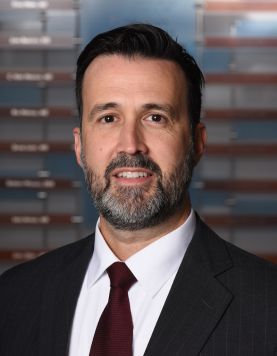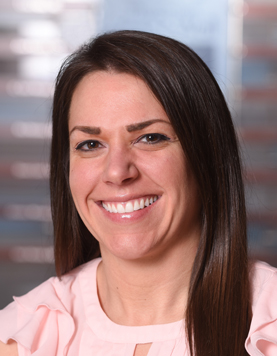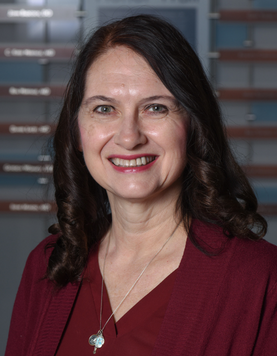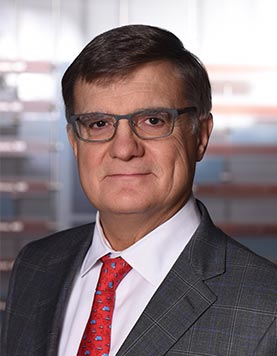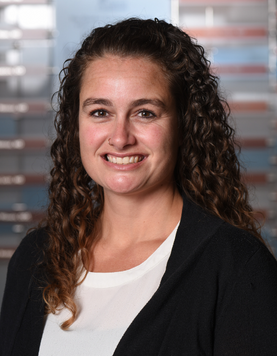what are esophageal atresia and tracheoesophageal fistula?
Esophageal atresia (EA) is a condition in which the esophagus (the tube that carries food from the mouth to the stomach) does not develop properly. In babies with EA, the upper esophagus does not connect with the lower esophagus and stomach, creating a gap between the two ends. In approximately 85 percent of babies with EA, there is also a connection between the breathing tube (trachea) and the esophagus, a condition known as tracheoesophageal fistula (TEF). In EA and TEF, the upper pouch of the esophagus ends blindly and the lower end connects with the trachea.
EA and TEF can prevent your baby from swallowing properly, which interferes with normal feeding. It can also lead to breathing problems.
The exact cause of EA with TEF is unknown. It is a congenital defect, which means it is present at birth. About 30 to 40 percent of babies diagnosed with EA with TEF will also have problems in other areas of their body. Your child's doctor will do tests to check for these problems soon after your child is diagnosed.
how are esophageal atresia and tracheoesophageal fistula diagnosed?
EA is sometimes discovered during pregnancy during a routine prenatal ultrasound, although it is difficult to make a definitive diagnosis until after the baby is born. An excessive amount of amniotic fluid (polyhydramnios) seen on ultrasound may be an indication of EA. In most cases, EA with TEF is not diagnosed until the baby begins to show symptoms after birth. Common symptoms of EA with TEF include:
- Skin turning blue (cyanosis) while feeding
- Coughing gagging and choking while feeding
- Excessive drooling
If your baby is showing symptoms of EA with TEF, tests may be done to confirm the diagnosis. Tests may include:
- Inserting a feeding tube through the nose to see if it will reach the stomach
- Chest X-ray
how are esophageal atresia and tracheoesophageal fistula treated?
On occasion, when EA and TEF are suspected prior to delivery due to an excessive amount of amniotic fluid (polyhydramnios), the mother may experience preterm labor and/or difficulty breathing. EA and TEF are treated with surgery to repair the defect(s). In some cases, minimally invasive surgery can be used for the repair. Some babies will require more than one surgery. The severity of your baby's defect will determine the type of surgical treatment recommended. Your baby's neonatologist and pediatric surgeon will carefully explain each step of the surgical process.
how esophageal atresia and tracheoesophageal fistula affect my baby during and after surgery?
During surgery, your baby will be given general anesthesia, which means the baby will be sleeping. After surgery, your baby will need to stay in the hospital's neonatal intensive care unit (NICU) for recovery. However, your baby may need to stay in the hospital for several weeks.
Your baby will be given IV fluids as a means of nutrition for the first several days after surgery. Feeding will be initiated after studies have established that the surgery was successful. Establishing full feedings may take several days to weeks. Some babies may receive a gastrostomy tube (G-tube) at the time of their initial surgery to assist with feeding.
what does living with esophageal atresia and tracheoesophageal fistula look like?
Most children will need to be treated with an acid blocker throughout childhood to prevent complications. Some children continue to experience problems with swallowing or with breathing after surgery. Swallowing problems may be due to a narrowing (stricture) at the site where the two ends of the esophagus were connected, or they could result from decreased ability of the esophagus to move food through it that is a result of the original defect. Your child's doctor may recommend evaluation with an esophagram (X-ray study where the child swallows a small amount of barium contrast). Children born with EA/TEF require long-term follow-up with a pediatric gastroenterologist in addition to the pediatric surgeon.
Printer friendly esophageal atresia and tracheoesophageal fistula information

